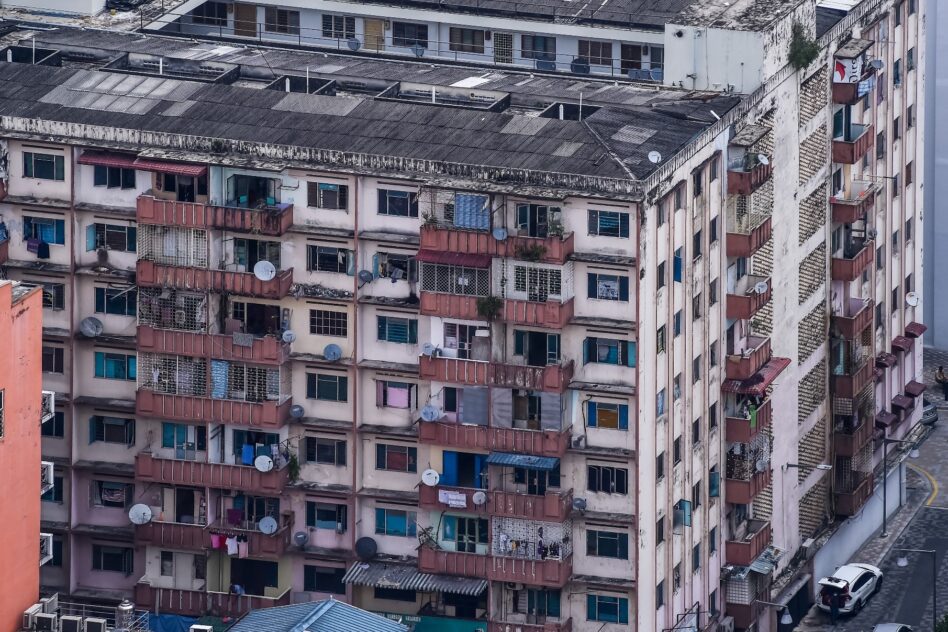DIVULGE details of the work from home order on the same day of the public announcement, and not leave businesses in the dark.
Speaking to FocusM, Malaysian Employers Federation (MEF) executive director Datuk Shamsuddin Bardan said he had received many calls from business owners who were confused about the whole matter.
“What are the standard operating procedure (SOP)? The government must clarify this soon to stop the confusion. Hopefully, the guidelines will be unveiled today,” he said.
Yesterday, Senior Minister (Security) Datuk Seri Ismail Sabri Yaakob announced that it is now compulsory for public and private sector workers in management and supervisory position in red zone areas to work from home starting tomorrow (Oct 22).
The decision will affect those in Sabah, Labuan, Kuala Lumpur, Putrajaya and Selangor.
However, employees living in red zones areas under conditional movement control order (CMCO) who need to be at office are required to take COVID-19 swab tests, which will be covered by the Social Security Organisation (Socso).
Describing the announcement as vague, Shamsuddin said it was important for the government to provide details on the spot to allow employers and employees to prepare themselves.
“When the government said that management and supervisory staff need to work from home, did they mention who come under these categories? It’s vague,” he remarked.
While he welcomed the announcement that swab tests cost would be borne by Socso, Shamsuddin noted the implementation may not be as easy as said.
“In the previous movement control order (MCO), there were a lot of hiccups in getting Socso to bear the costs. So, I hope this can be looked at.”
On how the lockdown tomorrow will affect businesses, Shamsuddin observed the impact could be severe.
“Let me put it this way. After the MCO was lifted, businesses managed to gain some traction of profitability. I will say that businesses were operating at one third of their previous revenue.
“We could not see much profit as consumers were still not spending. In other words, we are currently limping and the new regulation will impact us even further,” he added.
Emulate China’s response to COVID-19
Echoing Shamsuddin’s sentiments, Associated Chinese Chambers of Commerce and Industry of Malaysia (Acccim) national council and SME chairman Koong Lin Loong said it would be difficult for businesses as the latter were just getting back on track after the MCO was lifted in May.
“We are just trying to get back up so this will definitely affect us. Businesses in Kuala Lumpur and Selangor account to one third of the Malaysian gross domestic product (GDP),” he highlighted.
Koong said working from home may not be an option for many employers as many businesses still relied on physical presence to get work done.
“We have two issues here. One is many Malaysian businesses have yet to embrace digitalisation. Another is, our broadband service is still not up to the mark to support certain industries.
“So, it will be difficult for us to monitor work progress when we are at home,” he noted.
On how to strike a balance between protecting the economy and public health, Koong suggested the government to emulate China’s response to COVID-19.
“We can implement a targeted CMCO on red zones according to postal code for a certain number of days.
“Just do swab tests on everyone in that area. With that, it will have less impact on businesses and people from surrounding areas,” he explained.
However, Koong acknowledged that it was tough situation for everyone and urged the government to do its best to ensure the supply chain remained intact.
“CMCO can be around but maybe we can encourage workers to work from home on a rotation basis,” he said. – Oct 21, 2020









